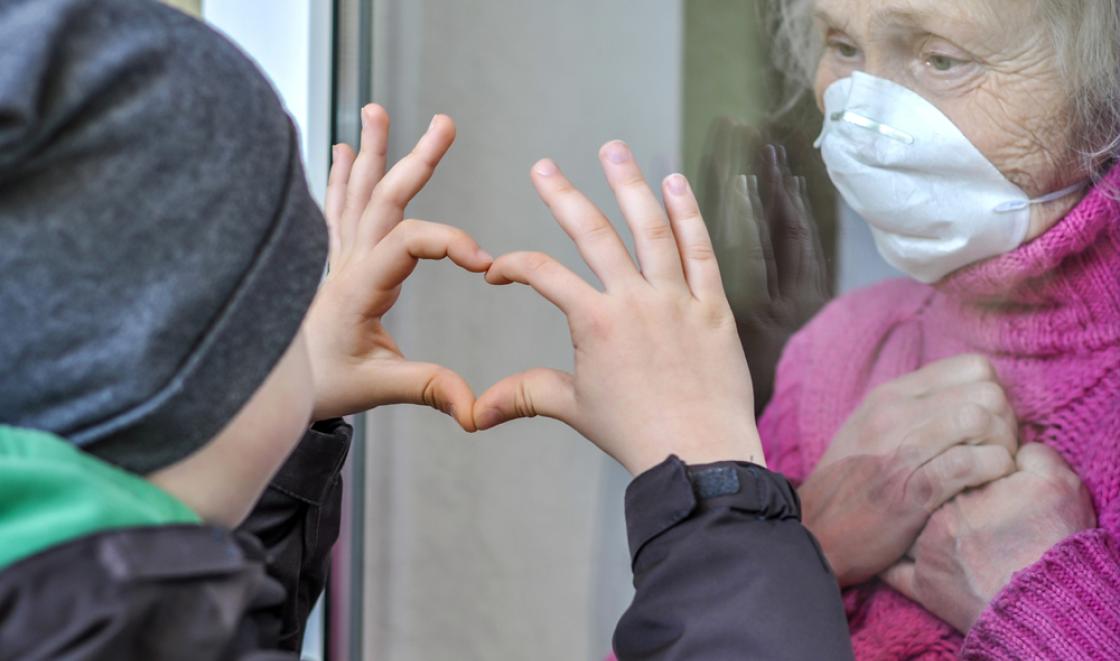Helen continued: "For people living in care away from their families, contact with them becomes all the more important, yet they have faced far more stringent restrictions than the rest of the country. For older people in the final stages of life, time is precious. They want to live, not merely to exist. Local authorities, public health teams and care providers must work together with residents and their families to ensure rights are protected before it is too late for too many more.”
Jenny Morrison, co-founder of Rights for Residents, said: “While we fully understand the need to limit footfall during an outbreak, this should not extend to those visits deemed essential. Given the present staff to resident ratio, the help of essential caregivers (ECGs) is vital in order for residents to be cared for safely. Removing this essential source of support is increasing pressure on exhausted care staff, at a time of extreme staff shortages and sickness levels.
ECGs are not just ‘visitors’ - they share a unique personal history and relationship with their loved one. The care they provide simply cannot be replicated by care staff, no matter how wonderful or dedicated they are. The impact of loneliness and isolation has far outweighed the impact of Covid, on care home residents, in the later part of the pandemic. We need to ensure that measures put in place to protect residents are proportionate to the current situation.”
Find out more
